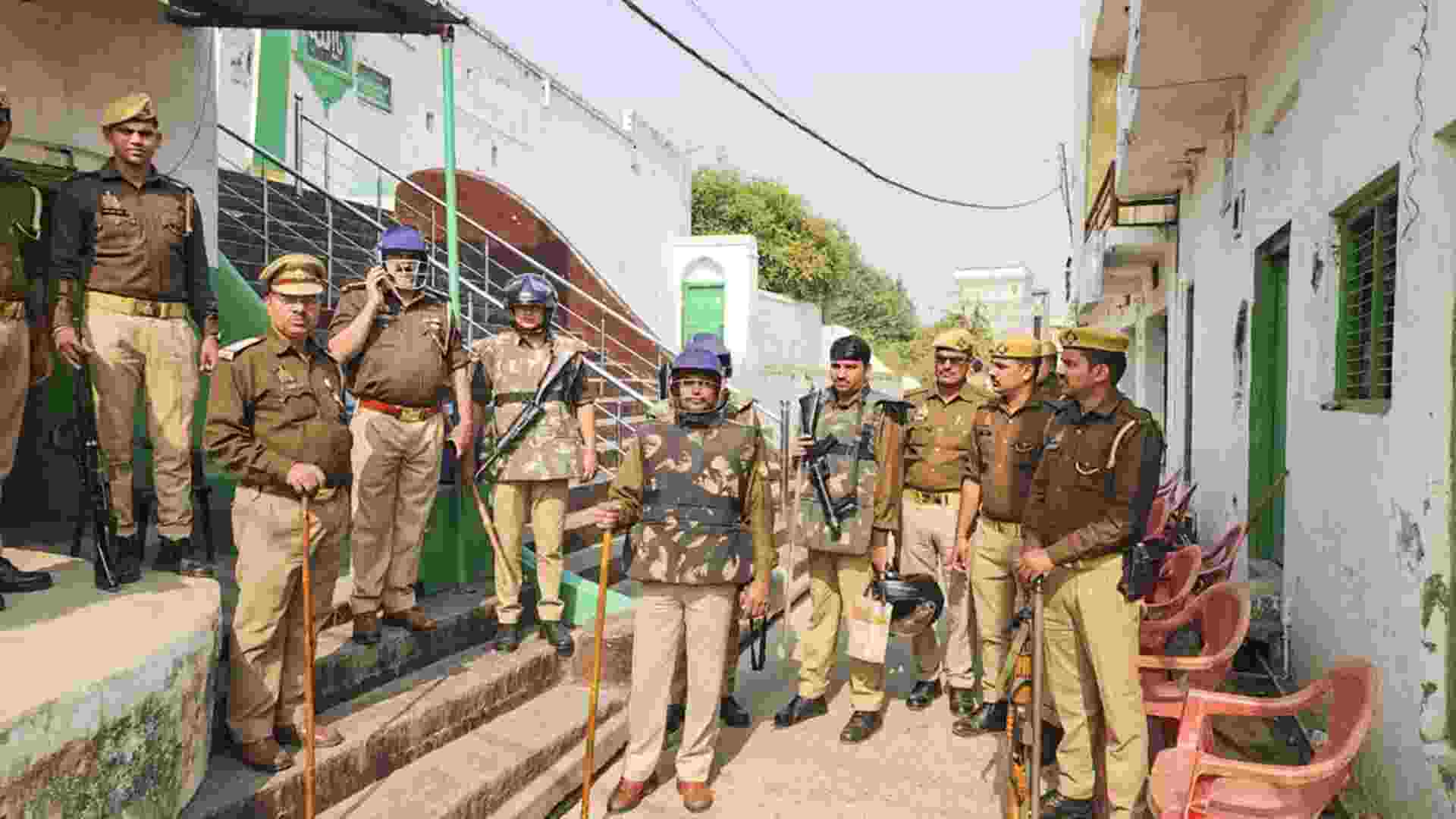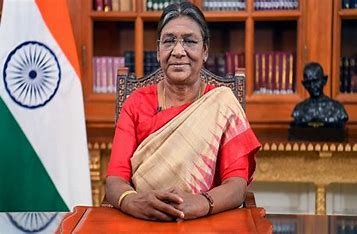
As Russia seeks more allies during its invasion of Ukraine, longtime US security partner Kenya might not be an obvious choice.
But hours after Russia terminated a deal to keep grain flowing from Ukraine, Moscow’s ambassador saw an opening to appeal to one of the African countries that would feel the effects the most.
In an opinion piece for two of Kenya’s largest newspapers, Ambassador Dmitry Maksimychev blamed the United States and European Union for the deal’s collapse, asserting they had “used every trick” to keep Russian grain and fertiliser from the global markets.
It’s the kind of brash outreach expected this week at the second Russia-Africa Summit. Grain supplies are in question.
The future of the Wagner military group is, too. It’s a notable time for Russia to host nearly 50 African countries that rely heavily on Moscow for agricultural products and security. It’s not clear how many heads of state will attend.
President Vladimir Putin’s government is under new pressure to show its commitment to a continent of 1.3 billion people that is increasingly assertive on the global stage.
Africa’s 54 nations make up the largest voting bloc at the United Nations and have been more divided than any other region on General Assembly resolutions criticising Russia’s invasion.
If they leave the two-day summit on Friday feeling unheeded, they might distance themselves from Russia, said analyst Cameron Hudson with the US-based Centre for Strategic and International Studies.
Putin has repeatedly said that Russia would offer free grain to low-income African countries now that the grain deal has been terminated.
The Wagner group, after its brief rebellion against Moscow, will be an urgent issue for countries like Sudan, Mali and others who contract with the mercenary group in exchange for natural resources like gold. Russia’s foreign minister has said Wagner’s work in Africa will continue.
As for a peace proposal for Ukraine that African leaders have tried to pursue, that “could be discussed” at the summit, Russian ambassador-at-large Oleg Ozerov told the Kommersant newspaper.















